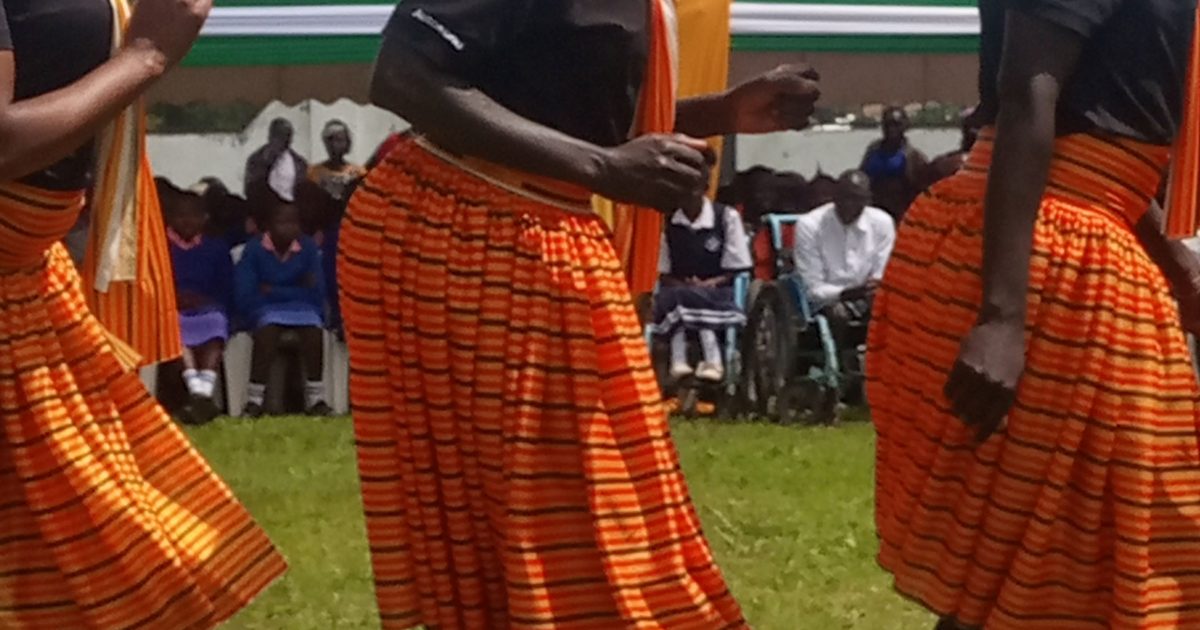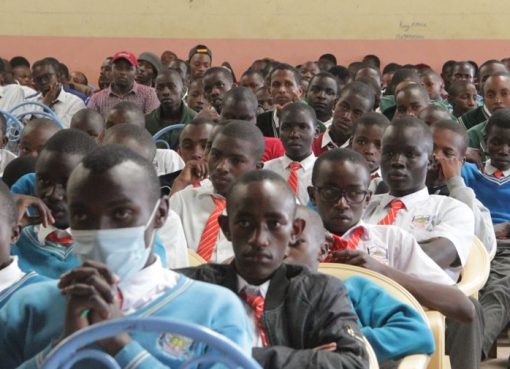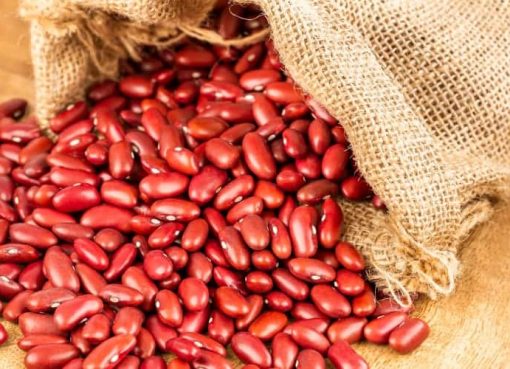Loitadir Culture House is a shop based in Makutano Shopping Centre in Kapenguria Town, West Pokot County specialising in making lorwa, a traditional skirt among the Pokot community.
The skirt is called lorwa because of its umbrella shape with many pleats and a tight high waist belt.
According to residents, the attire has been worn since time immemorial, believed to be after the Pokot community abandoned animal skins and it has a future of being worn for more generations because it is still appealing to the current generation.
Unlike other garments, lorwa is normally worn during ceremonies or functions either during traditional ceremonies or day-to-day functions like graduation ceremonies, military pass outs and election campaigns.
It is a necessary ingredient of the Pokot culture for women to grace all cultural events dressed in their lorwas because, “A ceremony is not a ceremony without the ladies in lorwa,” says Mama Loitadir, a tailor at culture house.
She stated that creamy material with different Ankara patterns is the material used to make the traditional women’s attire. The Pokot early inhabitants are said to have chosen this material because of its smooth texture that makes it easy to wash, requiring less water with or without soap to clean.
She argues that the sheets which men used to put on were also of creamy material since they used to travel long distances in search of pasture and water thus less trouble cleaning their clothes instead, just a pat would wipe off the dust.
Lorwa is a cloth with many pleats so the tailor uses a sewing machine that has been set to create the umbrella shape faster rather than designing it manually like it used to be done before. It is worn by all age groups but the difference lies in the colour choice and the length of the skirt.
“For girls, mainly teenagers, they prefer it short, slightly above their knees and with more colourful patterns. The middle aged women prefer theirs below their knees with less colourful patterns whereas for the elderly prefer longer ones closer to the heels, dull coloured and more umbrella,” says Irene Chebet.
Ms. Irene Chebet explains that lorwa goes in sync with any traditional dance be it marriage, circumcision or any other social event with other attires and ornaments such as vests worn on top, waist beads called leketyo, neck and head beads that have to be worn with lorwa to make the look complete.
“The common dance types include Chepolaleyo, Samumur and Nyal all adopted from famous Pokot songs,” she says, adding that women feel special whenever adorned in the traditional skirt.
Mama Loitadir started this business in the year 2010 and she has been making the clothes from her own skills since she never attended any formal training institution.
Her annual sale depends on the number of events held in that year, which means if there is no social event there is no business with the cost ranging between Sh900 and Sh1100 depending on the size of the material used.
“The biggest challenge facing my business is absence of social events. Another upcoming challenge is other tailors copy the idea but can’t make the exact needed design of the clothes thus making members of the community loose trust in tailors and stop purchasing them,” she narrates.
By Richard Muhambe and Floridah Chepeng’at





